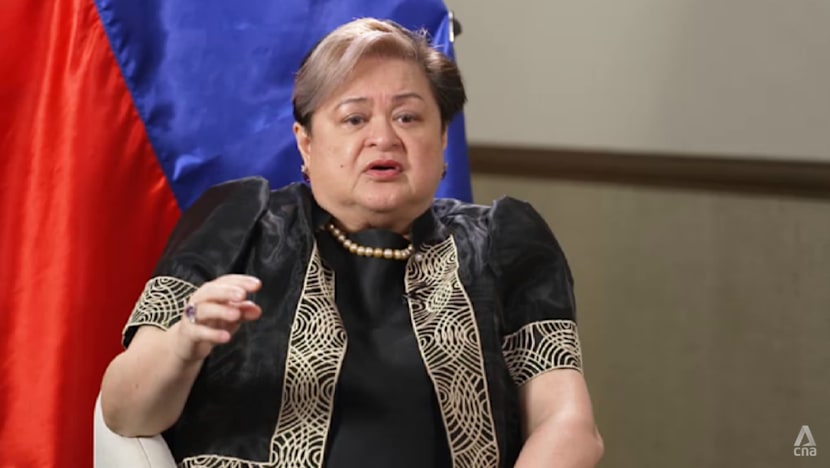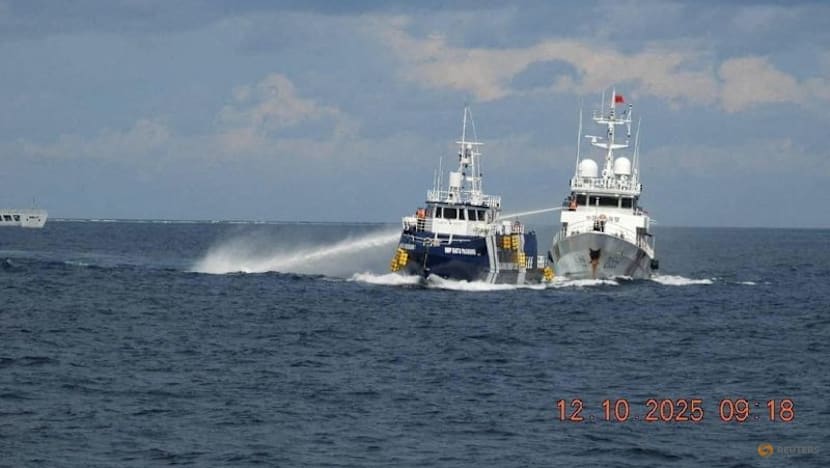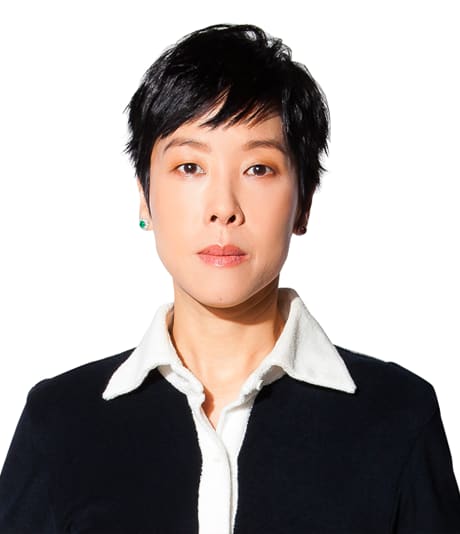Philippines eyes progress on South China Sea code of conduct as ASEAN Chair in 2026: Foreign secretary
Philippines Foreign Secretary Maria Theresa Lazaro said Manila remains committed to peace, dialogue and the rule of law as it prepares to lead ASEAN amid tensions in the South China Sea.

Philippines' Foreign Secretary Maria Theresa Lazaro speaks to CNA during an interview.

This audio is generated by an AI tool.
SINGAPORE: The Philippines hopes to advance a long-delayed code of conduct for the South China Sea when it assumes the chairmanship of the Association of Southeast Asian Nations (ASEAN) next year, said Foreign Secretary Maria Theresa Lazaro.
Since the 1990s, the regional bloc has been trying to negotiate a framework to manage disputes in one of the world’s most contested waterways with China. But talks have repeatedly stalled due to various reasons.
In 2023, ASEAN and China agreed on guidelines to accelerate negotiations, with a goal of completing the code within three years.
“That will be 2026, the year of our chairmanship,” Ms Lazaro said. “We still have time. We intend to continue with the joint working group meetings (and) to look at the possibility of having this code of conduct.”
She added that the Philippines remains committed to promoting a rules-based order and pursuing diplomatic dialogue amid ongoing tensions in the disputed region.
SOUTH CHINA SEA TENSIONS
China claims nearly the entire South China Sea, a position that overlaps with four Southeast Asian neighbours – Malaysia, Brunei, the Philippines and Vietnam. Unresolved disputes over the ownership of islands and maritime features have persisted for decades.
Ms Lazaro acknowledged that forging a unified ASEAN stance has long been challenging, given the bloc’s diverse political, economic and strategic interests.
However, she said member states share a common desire for peace and stability in the region.
“The diversity of ASEAN member states is a fact … we’ve had issues. But there comes a point when we reach consensus,” she said
“Everybody wants to have peace and security in the South China Sea, not only the claimant states.”
Ms Lazaro was speaking to CNA during her visit to Singapore to inaugurate the newly redeveloped Philippine Embassy along Nassim Road.
CAN ASEAN BE UNITED?
Citing the 2022 Declaration on the Conduct (DOC) of Parties in the South China Sea signed between ASEAN and China, Ms Lazaro said the agreement proved that consensus was possible despite differences.
The proposed code seeks to establish guidelines for how countries should behave in managing territorial disputes and to prevent stand-offs or clashes.
The declaration, however, remains non-binding and has often been ignored by claimant states – particularly China, which has built and militarised several islands in the disputed waters.
“It is our view that it should be legally binding, and that this is already a code of conduct,” Ms Lazaro said.

In 2013, Manila brought a landmark case before the Permanent Court of Arbitration in The Hague, which ruled in 2016 that China’s expansive claims in the South China Sea had no legal basis – a decision Beijing rejected.
ASEAN has not taken a unified position on the ruling, but Ms Lazaro said several member states quietly support it.
“They may not be very vocal about their position on the arbitral award, but I can tell you that some ASEAN member states agree and believe (in it). To a certain extent, (some) even use it in their bilateral discussions,” she said.
The Philippines will take over ASEAN’s rotating chairmanship from Malaysia in 2026, placing Manila in a pivotal position to shape the bloc’s agenda.
Ms Lazaro said the Philippines will continue to champion a rules-based international order through diplomacy and multilateral cooperation, even as it navigates relations with major powers that do not always adhere to international laws.
“This military power of (some) countries … Might doesn’t make it right. Right means being responsible for doing things correctly,” she said.
“We are … committed to the rule of law because it’s the only thing we can rely on. The rule of law is very much respected by many countries and we cannot dismiss it.”



















